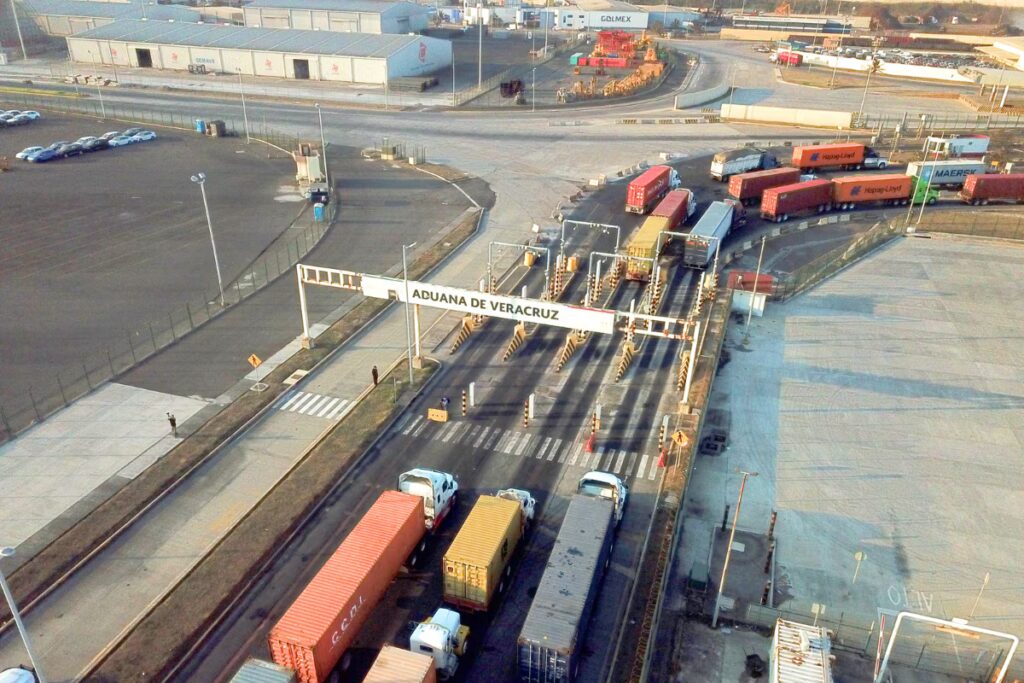Mexico‘s Ministry of Economy began the process to eliminate the automatic notification of merchandise exports classified in 30 tariff items.
These products include computers, beer, tequila, catalytic converters, turbojets and certain refrigerators and transformers, among others.
Automatic notification of merchandise exports
For this purpose, the Ministry of Economy initiated, in the National Commission for Regulatory Improvement (Cofemer), the process to publish the Agreement that abrogates the one that subjects to the requirement of automatic export notice the goods indicated.
The automatic export notice went into effect just last June 4 and among its objectives was to design and implement public policies aimed at strengthening the country’s competitiveness and facilitating the policy of substitution of certain imports.
In the repeal document, the federal government refers as opportune and necessary to have detailed information in advance regarding the export flows of strategic goods for the national economy, in order to design and implement public policies aimed at strengthening the country’s competitiveness.
It also states that in the first half of 2025 there were uncertain conditions in the international trade environment that caused distortions in trade flows, as well as alterations in global supply chains.
But then it adds: “The aforementioned fluctuations, the bilateral relationship with the United States of America and the implementation of the automatic export notification mechanism have generated uncertainty among the actors involved in export operations”.
The Mexican government implemented and subsequently modified the Agreement that established the automatic export notification requirement for certain tariff items. The measure was subject to review due to various concerns expressed by the export, customs and logistics sectors.
Procedures
Judith Álvarez, Director of Consulting at Livingston International, said that one possible reason for repealing the measure was that the procedure required the presentation of individualized notices per operation, generating an excessive burden for exporters and customs agents.
He also considered that the lack of a transition period generated a risk of delays in customs clearance, affecting supply chains and contractual compliance.
Álvarez said that the measure shows an adjustment of the Mexican government towards a more balanced regulation, which allows to exercise control in key sectors without hindering the flow of foreign trade or increasing the operational burden of exporters.
Another point is that 30 tariff fractions were initially included, but 25 were excluded, keeping only 5 related to strategic goods such as turbines and fiber optic cables
In order to impose the automatic notices, the Ministry of Economy argued that Mexico has 14 trade agreements with 50 countries, and given the exhaustion of the traditional globalization model and the transition towards a “model based on strategic advantages -rather than comparative advantages-”, it is considered necessary to generate and analyze detailed information on export flows to its trading partners.

